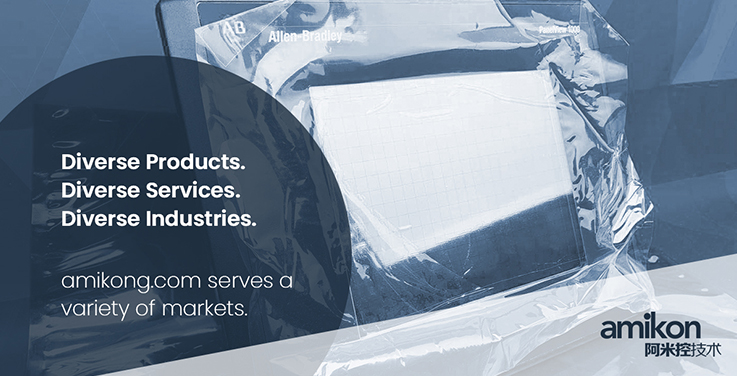In recent years, artificial intelligence (AI) has begun transforming various sectors, with manufacturing being one of the most significantly impacted industries. With the rise of AI-driven supply chains, the landscape of manufacturing operations is shifting dramatically. AI's integration is streamlining processes, improving efficiency, and reducing the stress levels for assembly line workers. This shift to smarter operations is not only benefiting the bottom line but is also creating a more productive and less stressful environment for workers.
Reducing Downtime with Predictive Maintenance
Unplanned downtime has long been a challenge for manufacturers, leading to costly delays and financial losses. Traditional supply chains often struggle with inefficiencies and lack of real-time data, making it difficult to predict disruptions and mitigate their effects. This is where AI-powered solutions come in.
By implementing AI-based predictive maintenance, manufacturers can significantly reduce downtime—up to 50% in some cases. Predictive maintenance systems use data from sensors embedded in machinery to predict and prevent equipment failures before they occur. For example, Honeywell's AI-driven platform, Honeywell Forge, is already helping industries stay on top of equipment maintenance, minimizing unplanned downtime and ensuring that production schedules remain uninterrupted.
AI in Inventory Management
Efficient inventory management is another area where AI is making a significant impact. Traditional inventory systems often result in overstocking or stockouts, leading to delays and unnecessary costs. AI helps optimize inventory levels by accurately predicting demand, ensuring that the right parts are always available when needed. This reduces the reliance on last-minute orders and helps streamline production processes.
According to research by Deloitte, AI and machine learning can enhance demand forecasting accuracy by 10-20%, leading to cost reductions of up to 50% in inventory management. This not only improves efficiency but also reduces the stress on employees responsible for managing stock levels and supply chain disruptions.
Enhancing Quality Control with AI
Quality control is an essential aspect of manufacturing, particularly in industries where product consistency is critical. AI-driven systems offer continuous monitoring of production parameters, detecting deviations in real-time and ensuring that products meet the highest standards.
General Electric (GE) uses AI and digital twin technology to simulate and monitor manufacturing processes, ensuring that each product meets quality benchmarks. With AI integrated into quality control, manufacturers can address potential issues before they reach the market, resulting in reduced reactive maintenance and better overall product reliability.
Embracing Technology to Enhance Human Roles
While the rise of automation and AI has led to concerns about job displacement, these technologies are actually designed to complement human roles, not replace them. AI helps engineers and maintenance personnel perform their tasks more effectively and efficiently, allowing them to focus on higher-level problem-solving and strategic planning.
Take IBM’s Maximo AI-powered asset management solution as an example. It provides detailed insights into the health of machinery, enabling users to make data-driven decisions for proactive maintenance. This shift from reactive to proactive maintenance changes the role of workers from constantly addressing emergencies to focusing on long-term planning and optimization, fostering a more rewarding and less stressful work environment.
Conclusion
AI-driven supply chains represent a strategic shift in the manufacturing sector, focusing on efficiency, resilience, and competitiveness. These technologies are not only providing solutions to longstanding operational challenges but are also creating a more effective and less stressful working environment for employees. By embracing AI, manufacturers can achieve continuous production, maintain high-quality standards, and stay competitive in an increasingly complex global market. The future of manufacturing is smart, efficient, and powered by collaboration between human expertise and advanced technology.



